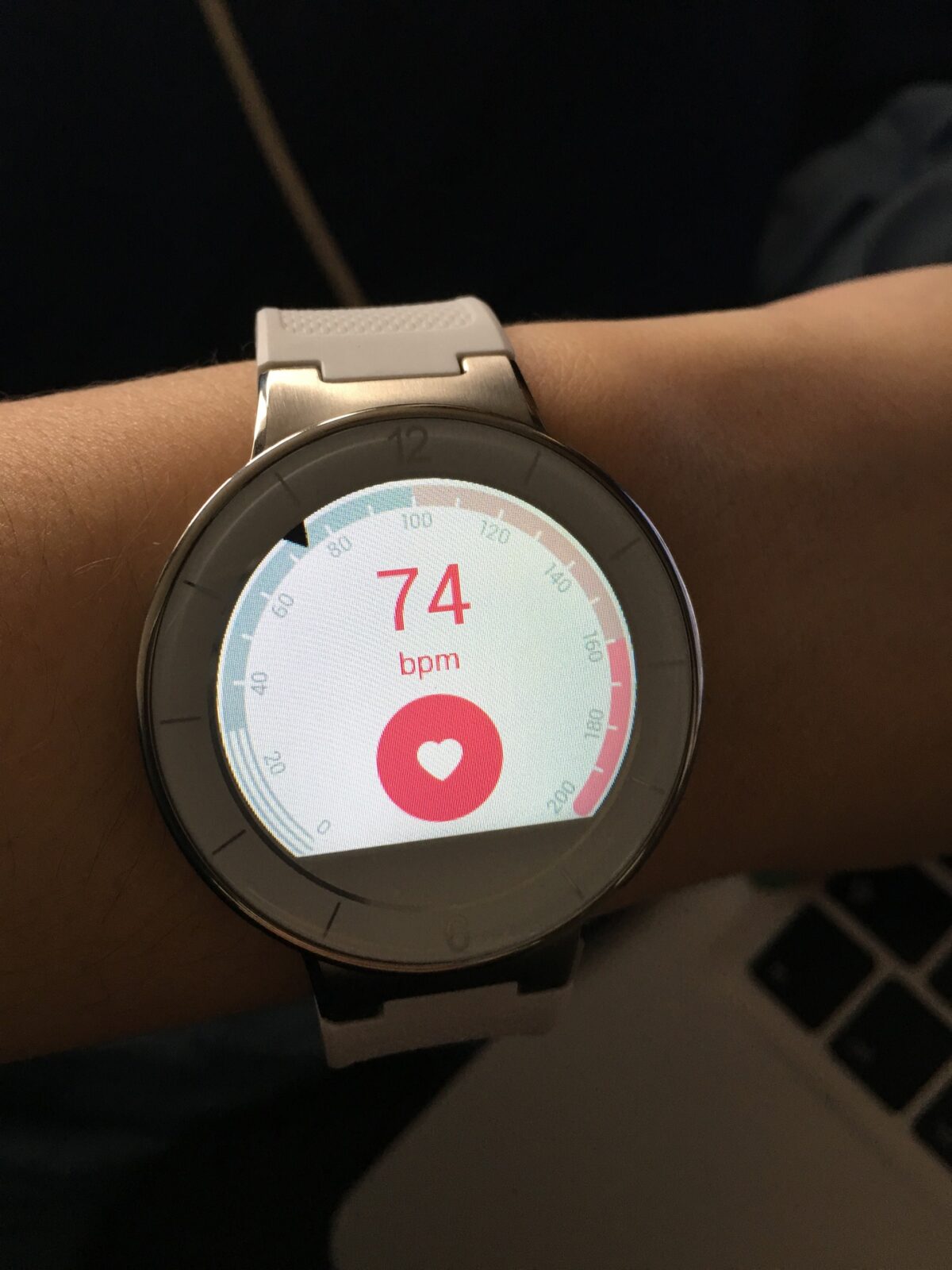When it comes to taking care of our health, there are many factors to consider, including diet, exercise, and stress management. One often overlooked aspect is heart rate variability, which is a measure of the variation in time between each heartbeat. While it may sound complicated, understanding heart rate variability is essential for improving your overall health and well-being. In this blog post, we will explore what heart rate variability is, how it affects our bodies, and what you can do to improve it.
What is Heart Rate Variability?
Heart rate variability refers to the changes in time duration between successive heartbeats. It is an important indicator of the functioning of the autonomic nervous system that controls many of our body’s automatic functions, including heart rate, blood pressure, and breathing. To measure heart rate variability, it is necessary to use specialized technology, such as electrocardiogram (ECG) or photoplethysmography (PPG) devices.
There are several popular wearable devices in the market that can measure heart rate variability (HRV). The Whoop Strap and Apple Watch are among the most recognized ones, with the former being lauded for their high accuracy in measuring heart rate and HRV. Garmin devices, particularly the Fenix 7 & Epix models, also offer this feature, as does the Oura Ring. Fitbit’s Charge model is another notable mention. Polar H10 is known as the most accurate heart rate sensor in Polar’s history, and other devices like Suunto Smart Belt, Garmin HRM-Pro, 4iiii VIIIIVA, Zephyr HxM Smart HR Monitor, and COOSPO H6 also offer HRV monitoring capabilities. These devices not only provide critical health metrics but also help manage health trends.

How Does Heart Rate Variability Affect Our Bodies?
Research has shown that heart rate variability is closely related to our health and well-being. A high heart rate variability indicates a healthy balance between the sympathetic nervous system (which activates the “fight or flight” response) and the parasympathetic nervous system (which activates the “rest and digest” response). On the other hand, a low heart rate variability is associated with stress, anxiety, and other health problems. Furthermore, low heart rate variability can also be a risk factor for several serious medical conditions, including cardiovascular disease, diabetes, and depression.

How to Improve Heart Rate Variability?
Improving your heart rate variability requires a combination of lifestyle changes and medical interventions. Here are some strategies you can try:
- Mind-body exercises: Activities such as meditation, deep breathing, yoga, and tai chi can help reduce stress and promote relaxation, which in turn can improve heart rate variability.
- Exercise regularly: Exercise has numerous benefits for our health, including improving heart rate variability. Aim to engage in regular physical activity for at least 30 minutes a day.
- Get Enough Sleep: Sleep is essential for our physical and mental well-being. Make sure to prioritize getting enough quality sleep to ensure better heart rate variability. For more Naturopathic solutions for better sleep click HERE
- A healthy diet: Eating a balanced diet rich in whole foods and low in processed sugar and saturated fats can help promote healthy heart rate variability. For more articles on healthy lifestyle interventions click HERE
- Medical intervention: In some cases, medical interventions may be required to improve heart rate variability. These might include medications, such as beta-blockers, or treating any underlying conditions that might be contributing to low heart rate variability.

Conclusion:
Heart rate variability is a crucial aspect of our overall health and well-being, which can be improved through lifestyle changes and medical interventions. By taking steps to reduce stress, stay active, get enough sleep, and eat a healthy and balanced diet, you can help promote a healthy heart rate variability. Additionally, if you suspect that you have an underlying medical condition, consult with your doctor to develop a personalized treatment plan. Remember, making small but consistent changes to your lifestyle can go a long way in improving your heart rate variability and overall health.











